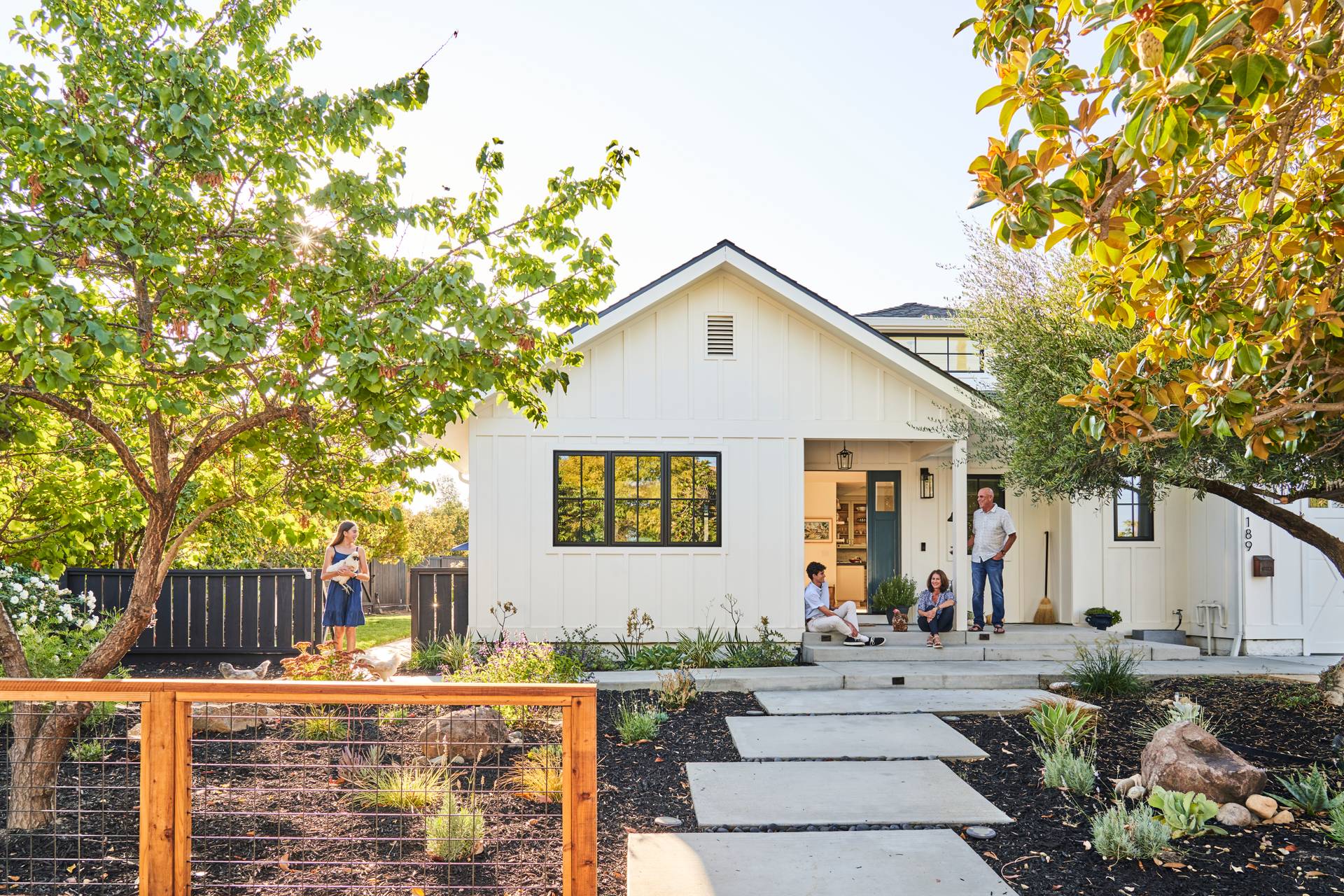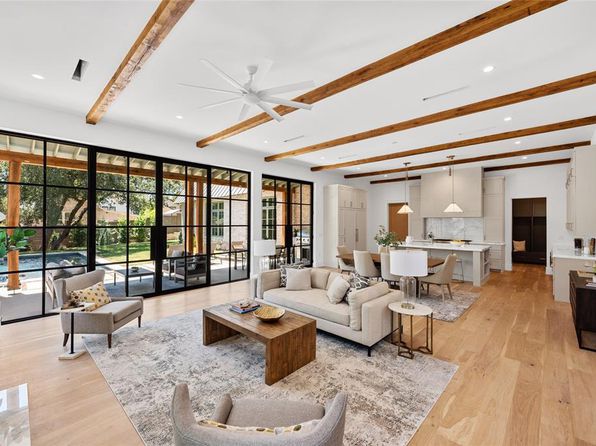The real estate industry is no stranger to traditional practices, but a recent landmark trial has brought to light some pressing concerns about the buyer agent commission structure. The National Association of Realtors (NAR), Keller Williams, and HomeServices of America were found guilty of colluding over commission rates by a jury, as reported by HousingWire. This verdict, which came after two weeks of testimony in a Kansas City courtroom, has raised eyebrows and prompted a reevaluation of some long-standing industry norms.
1. The Disproportionate Effort vs. Reward Paradigm
Listing agents often invest weeks to months preparing and selling a home, from staging and marketing to handling open houses and negotiations. However, the recent trial has highlighted that many buyer agents, despite their essential role, often earn the same commission as the listing agent for essentially writing the offer. This disparity in effort versus reward has been a point of contention, and the recent verdict further underscores the need for a more equitable commission structure.
2. The 'Clear Cooperation' Policy: A Closer Look
The Clear Cooperation Policy, as implemented by the National Association of Realtors in 2017, was designed with the intent of promoting transparency and fairness in the real estate market. However, its implications for the luxury real estate segment have been particularly pronounced, often complicating what are already intricate transactions.
The Unique Nature of Luxury Real Estate
Luxury real estate operates on a different paradigm than the broader market. For many luxury property owners, the sale isn't just about achieving 'top dollar.' Instead, it's a nuanced decision influenced by privacy concerns, the desire for discretion, and the complexities of high-value transactions.
Privacy and Discretion Above All
One of the most significant challenges posed by the Clear Cooperation Policy to luxury real estate is the erosion of privacy. Luxury homeowners often prioritize discretion for various reasons:
- Avoiding Unwanted Attention: High-profile individuals or those in sensitive positions might not want their neighbors, colleagues, or the broader public to know they're selling their property. Such knowledge can lead to speculation, gossip, or even security concerns.
- Family and Stakeholder Dynamics: In many cases, the sale of a luxury property isn't just a personal decision. It can involve family members, business partners, or other stakeholders. Broadcasting the sale can sometimes disrupt familial or business relationships, especially if all parties aren't in agreement or if the sale is linked to sensitive events like a divorce or business liquidation.
- Transaction Disruption: The more people know about a luxury property sale, the higher the chances of the transaction being disrupted. This can come in the form of unsolicited offers, attempts to circumvent agents, or even interference from other stakeholders who might have vested interests in the property or its sale.
The Need for a More Nuanced Approach
The Clear Cooperation Policy, while well-intentioned, doesn't account for the unique dynamics of luxury real estate. By mandating that all listings be made public, it inadvertently strips luxury property owners of the discretion they often seek.
While transparency is crucial in real estate, there's also a need to recognize that not all transactions are the same. Luxury real estate, given its unique challenges and the high stakes involved, might benefit from a more tailored approach that balances the need for transparency with the equally valid need for discretion and privacy.
3. A Global Perspective: The Case of Australia
While the U.S. grapples with the implications of the recent verdict, it's worth noting that many countries, like Australia, operate successful real estate markets without the prevalent use of buyer agents. In such markets, properties are sold efficiently, often through auctions, without the need for buyer agent commissions. This model not only simplifies the process but also reduces the overall cost of selling a property.
4. The Potential Benefits of Reevaluating Buyer Agent Commissions
The traditional real estate commission structure, where both the listing and buyer's agents receive a commission, has been a long-standing practice in the U.S. When a property is sold, the seller typically pays a commission that is split between the listing agent and the buyer's agent. In many cases, each agent receives an equal share, often around 2.5% to 3% of the sale price. For a home selling at $500,000, this could mean a total commission of $30,000, with $15,000 going to each agent.
Now, consider the scenario where the buyer's agent commission is reduced or eliminated. The savings for the seller are immediate and substantial. Using the same example, even a 1% reduction in the buyer agent's commission translates to a $5,000 saving for the seller.
The Value Proposition
The primary role of the listing agent involves marketing the property, staging, hosting open houses, negotiating offers, and guiding the seller through the intricacies of the selling process. This comprehensive service justifies their commission. On the other hand, while buyer's agents provide a valuable service in representing the buyer's interests, the recent trial has highlighted a perceived imbalance in the effort-to-reward ratio, especially when they earn the same as the listing agent.
By reevaluating the buyer agent's commission, sellers stand to net more from their home sale. This doesn't just mean more money in their pocket; it can also provide sellers with more flexibility in their pricing strategy. A seller who knows they will be saving on commission might be more willing to negotiate on the listing price, potentially leading to a quicker sale.
The Broader Market Impact
Beyond individual savings, a shift in commission structure could have broader market implications. If sellers can retain a larger portion of their home's sale price, we might see more homeowners willing to list their properties, leading to increased inventory in tight markets. This could create a more balanced real estate market, with benefits for both buyers and sellers.
The Verdict and Its Implications
The defendants, including NAR, Keller Williams, and HomeServices of America, were ordered to pay $1.78 billion in damages. However, the final ruling by the judge could potentially triple the damages to more than $5 billion, in addition to mandating policy changes. Both Keller Williams and HomeServices of America have expressed their intentions to appeal the ruling, emphasizing the potential challenges this decision could pose for both buyers and sellers in the real estate market.
This case is the first of two major class-action lawsuits centered on NAR’s commissions policy to go to trial. Previous defendants, including Anywhere Real Estate and RE/MAX, settled for significant amounts and made updates to their business policies.
Innovating the Future: Prestige Realty Group Takes the Lead
In light of these developments, we are pioneering an auction model for selling homes, similar to platforms like Concierge Auctions. This innovative approach ensures that properties are transacted legally, with both buyers and sellers receiving professional representation. Regardless of the broader economic climate, this model aims to provide confidence and clarity to all parties involved in the real estate transaction.
In conclusion, the recent verdict serves as a reminder that the real estate industry, like any other, must continually reassess and innovate to meet the evolving needs of the market, and most of all the people buying and selling property..













































.svg)